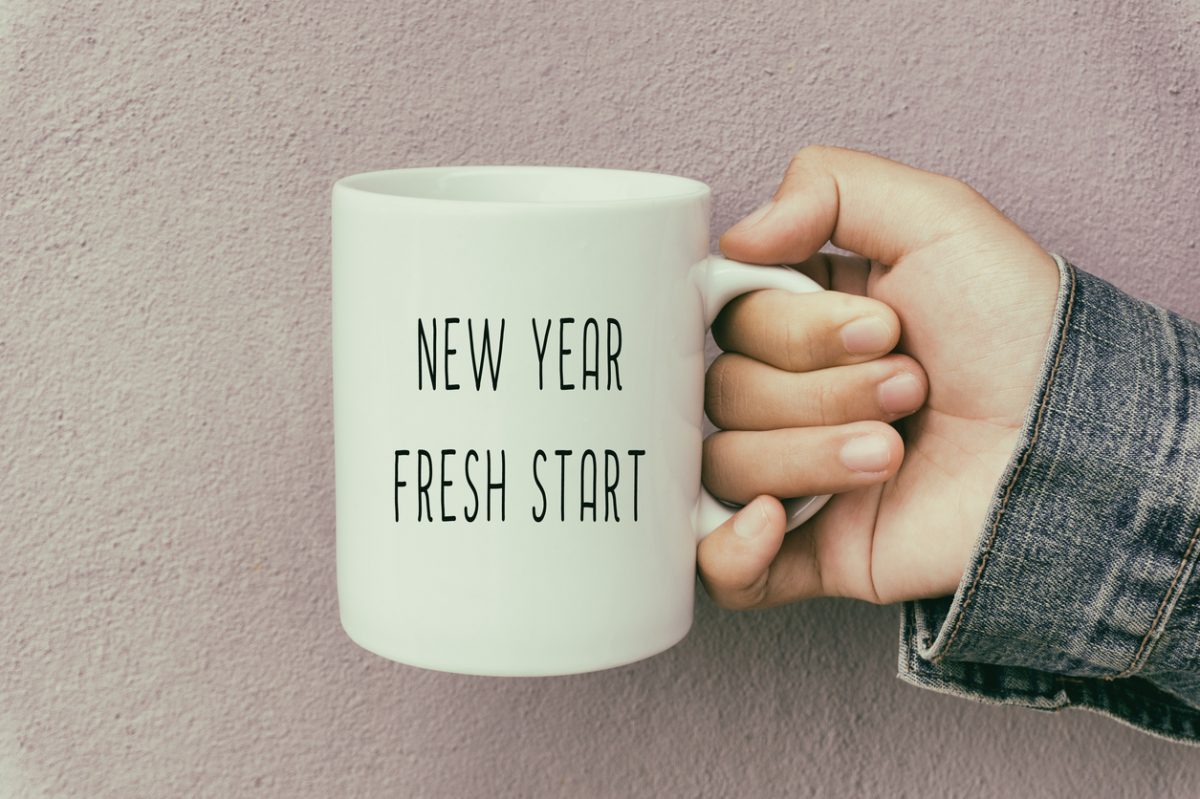
Conventionally, a person is sober when they haven’t had much or anything to drink, as indicated by how well they can control their faculties. We commonly associate someone trying to be sober with being clear minded, alert, and aware.
In addiction terminology, sobriety is defined more clearly as the absence of any significant mind-altering substance. But the spirit remains the same. Being sober means being alert and aware – and ready.
A common misconception is that sobriety is a penance, a lifestyle choice that inherently makes like less enjoyable. But the longer you stay sober, the more you realize that the opposite is true. Getting drunk or high robs you of real emotion, experience, and time. It steals away what it means to be alive and live in the moment. And recovery can show you just what that means, and how valuable it really is.
What Is Sobriety?
Being sober or clean means not being under the influence of drugs, from alcohol to medication. You can be sober for an hour, a day, or a decade. Sobriety does not imply a length of any kind, nor does it imply a commitment to staying sober. It just means you’re currently not on anything.
But from there, you can go on to define for yourself what it means to be sober – and what it means to you to commit yourself to that sobriety. For some, sobriety is a path to clarity. For others, it’s a necessity for survival, a choice they make to live. Some people embrace sobriety, and others live their sober lives begrudgingly, as a form of obligation or punishment for being “out of control” when drunk.
Some stretch the boundaries of what it means to stay sober. In one sense, sobriety means overcoming the addiction – because how can you succumb to your addiction when you don’t indulge in it at all? Others, however, forego their drug of choice but don’t quit smoking, or drinking. Yet they never let their behavior get out of hand, either, when their new drug is something they only consume in moderation. Not everyone can do that, and no person out of rehab should try it – but addiction, just like people, comes in all shapes and sizes.
At a certain point, it becomes impossible to discuss sobriety without slipping into the philosophical, or the personal. Sobriety is what you make of it, beyond its most simple definition as a state of not being high or drunk.
Yet most importantly, sobriety is an eye-opener. The opportunities it creates can be positive and negative, and it’s not inherently always “good” or enjoyable, but sobriety does give you a chance to see things from different angles, think about your actions, and move on past your mistakes. The reason that trauma is one of the big risk factors for developing an addiction in the future is because coping with unresolved pain is one of the root causes of addiction. Deciding to be sober lets you do away with the coping, and instead start resolving.
No One Can Force You To Be Sober
Choice is an important concept to think about in the context of addiction. Life is full of choices, and the ones we make are often not thoroughly thought-out. When we act rashly, or let certain factors negatively influence our thinking, we make mistakes. Often, we regret these mistakes. It could be relatively innocuous, like slipping up in an argument and lashing out verbally, or it can result in much greater and darker consequences. Sometimes, a choice leads to another naturally, and a cascade of bad decisions leads us to a place we never wanted to be. Choice does lead to addiction, but the context and the circumstances behind why most people get addicted helps us understand that what they need is compassion, not judgment.
It’s clear that people make mistakes. And getting addicted is rarely a consequence of choosing addiction – rather, it’s a consequence of other choices. Whether or not that’s our “fault” is a question best answered based on what outcome you want to achieve. If your goal is to be a better person and move on past your addiction, then recognizing your part in getting addicted is vital. But so is letting go of the guilt and blame associated with those bad choices. Beyond that, we must understand that life is not rigid, but fluid – the choices you make today are arguably far more important than the choices you made in the past, and most of the mistakes we make can be owned up and overcome, even addiction.
That is why it’s important to choose sobriety. No one can force it upon you – it just doesn’t work. The first step to recovery is wanting it – that’s not just a 12-step philosophy, but a fact. You must choose to be sober, and you must think long and hard about why you personally justify that choice. It’s not something you can decide without conviction.
Living with that choice is empowering and scary. When you make the choice to be sober, you take responsibility for your own sobriety. Once the addiction fades, your actions are every bit your own, and as the cravings subside, you must continue to actively choose sobriety over addiction every time you wake up. It’s daunting and in the beginning, it can be really hard. But it does get easier.
Sober Living
The early days of recovery are the hardest. Not only do you have to be sober and get used to that feeling, but the brain can be quite fragile in this state. Mood swings and emotional rollercoasters are not uncommon, and you might feel equal parts ecstatic and depressed over your newfound sobriety. Getting through these days is hard even with treatment but staying strong throughout them is a sign of a steady and healthy recovery.
One of the biggest challenges is avoiding temptation. While rehab gets you up and about, and prepares you for the basics of being clean, most rehab programs aren’t long enough to prepare you completely. Sober living programs can help you by putting you in a living situation where you don’t have to worry about drugs, but still have to work to financially sustain your recovery, contribute to the community, be with other sober people, and continue your treatment.
Sober living environments can help you solidify and get comfortable in your sobriety and give you a sense of structure and normalcy. Instead of shying away from choice and responsibility, a sober living environment will help you embrace your newfound freedom and self-determination, and see sobriety not as a burden, but as the key you needed to undo your chains.









